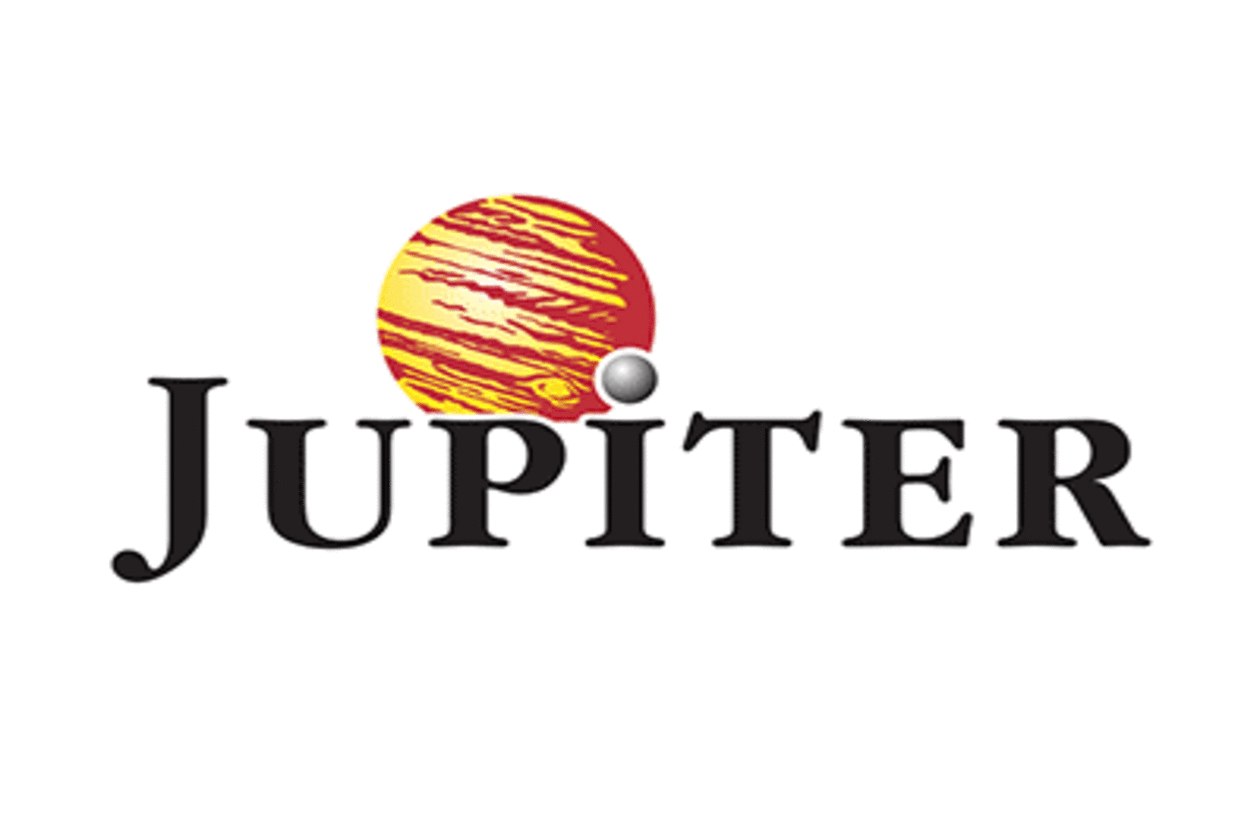Jason Pidcock is a veteran fund manager and has been investing in Asia for over three decades
This is a concentrated portfolio of financially robust, income-paying companies
Performance over the long and short term has been strong, and the fund has tended to hold up well in falling markets
This fund is on our Wealth Shortlist of funds chosen by our analysts for their long-term performance potential
How it fits in a portfolio
Jupiter Asian Income aims to deliver income and capital growth over the long term by investing in Asian companies. The fund mainly focuses on larger businesses in developed Asian countries, such as Australia and Singapore, except for Japan.
We think the fund could form part of an income investment portfolio or help to diversify the Asian portion of a broader global portfolio focused on growth. Unlike many Asia funds, this one doesn’t currently invest in China, so it could blend well with other funds that do.
Manager
Jason Pidcock started running funds investing in Asian companies in 1996 and spent three years prior to this analysing and investing in the region. In 2005 he set up BNY Mellon Asian Income (previously Newton Asian Income) where he built a strong reputation before leaving in 2015 to set up Jupiter Asian Income. We hold Pidcock in high regard and view him as a meticulous investor with a focus on the finer details.
Pidcock is supported by co-manager Sam Konrad who joined Jupiter in October 2022. Prior to this, he spent 17 years at UBS as an analyst and has experience across all major global markets. Konrad recently relocated to Singapore for two years, where he’ll be able to conduct on-the-ground research and meet companies within Asia. He will continue to communicate and work with Pidcock daily, so we don’t believe it’ll impact the day-to-day running of the fund.
We’ve met Konrad several times now and continue to build our view on him as an investor. We believe Konrad’s philosophical views on investment align with Pidcock and offers a good source of challenge and debate. That said, our key conviction lays with Pidcock.
Process
This fund's main aim is to provide greater capital growth and an income at least 20% higher than the fund's benchmark. The managers aim to do this by investing in companies that pay an attractive income and have the potential to grow dividends over time. They also invest in some companies that pay a lower income but have greater share price growth potential.
Their stock-picking process seeks ‘quality income’ stocks – these are companies that make plenty of cash, have low levels of debt and are in good financial health. These businesses are typically industry leaders with advantages that are hard to replicate. They should also be run by robust management teams and having regular contact with them is key to the managers’ process.
Unlike many fund managers, Pidcock and Konrad pay close attention to the ‘top down’, which means they consider wider economic factors in their investment decisions. They pay close attention to the political landscape which they believe has a bearing on what occurs in different economies. For example, since 2022 the managers have had no direct investments in China due to concerns surrounding the health of the economy, government intervention and rising tensions with Taiwan. Instead, they prefer to gain exposure to China through companies that are based elsewhere and sell into the country.
This results in a portfolio of around 30 companies which means each one can have a significant impact on performance, though this increases risk. Larger businesses in developed Asian markets form the bedrock of the fund but it can also invest in higher-risk emerging markets.
Geographically, Australia, India and Taiwan account for 67% of the fund while financials, technology and telecommunications form the biggest sector investments.
The managers prefer to keep things simple by adhering to a tried-and-tested process, avoiding frequent changes. Over the past 12 months, they sold two companies: Australia-based Mineral Resources, following events that altered their view of the company's financial strength, and Hong Kong conglomerate NWS Holdings, which was acquired by another business at a premium to its share price.
The only new addition to the fund during this period is Newmont, an Australian gold miner, which was added after it acquired Newcrest Mining, a company the managers already owned. Earlier this year, they also chose to increase their investments in all their technology holdings, a sector they remain optimistic about.
Culture
The fund managers at Jupiter are given autonomy to invest the way they see fit. They believe this will benefit investors over the long run, but the autonomy comes with an appropriate level of challenge from others in the business. This business setup allows Pidcock and Konrad to focus on fund management, their team, and maintain flexibility.
Both managers invest their own money in this fund, and we think they’re incentivised in a way that could maximise long-term performance, meaning their interests should be aligned with those of investors.
ESG Integration
Jupiter’s approach to ESG (Environmental, Social and Governance issues) is fund manager led, so the fund managers themselves are responsible for implementing ESG in their investment decisions. They typically approach these issues with a materiality-based approach, which means they focus on ESG risks most material to each company.
The firm also subscribes to several third-party data providers which offer information that fund managers can use in their research. Where red flags are raised, the managers investigate. Fund managers work closely with central experts on ESG integration, engagement, and proxy voting and the fund managers’ commitment to these topics is a consideration in their annual appraisals.
We like that engagement is not delegated to a separate department. Instead, the fund manager who made the decision to invest in the company leads engagement activity directly, allowing meaningful and relevant engagement.
Cost
This fund has an ongoing annual charge of 1.01%, but we've secured HL clients an ongoing saving of 0.29%. This means you pay a net ongoing charge of 0.72%. The fund discount is achieved through a loyalty bonus, which could be subject to tax if held outside of an ISA or SIPP. The HL platform fee of up to 0.45% per year also applies, except in the HL Junior ISA, where no platform fee applies.
Performance
Pidcock has built up an impressive track record over the course of his career. Since this fund launched in March 2016, it’s returned 150.99%* compared with 99.82% for the IA Asia Pacific ex Japan sector average. This is ahead of the fund’s benchmark too.
The managers’ focus on larger, quality, dividend-paying companies means we expect the fund to hold up relatively well when markets are falling. This won't necessarily happen all the time though and as always past performance isn’t a guide to future returns.
Over the past 12 months the fund has delivered impressive returns, growing by 20.34% versus 5.52% for the IA sector. The managers’ stock picking and exposure to Taiwan was one of the biggest drivers of performance, especially technology companies such as Hon Hai Precision Industry and MediaTek Inc. Their decision to not invest in China also benefitted performance as the Chinese stock market was weak.
Investors should be aware that although short-term performance has benefited from the fund’s lack of investments in China, this may act as a headwind at times too. China makes up a large part of the broader Asian market, so when it’s weak the fund could benefit relative to other funds, but if it performs strongly this will hamper returns.
The fund currently yields 3.28%. Remember dividends are variable and yields are not guaranteed nor an indicator of what you might get paid in future. Investors should be aware that charges are taken from capital, which can increase the yield but reduces the potential for capital growth.
Annual Percentage Growth
July 19 – July 20 | July 20 – July 21 | July 21 – July 22 | July 22 – July 23 | July 23 – July 24 | |
|---|---|---|---|---|---|
Jupiter Asian Income | -7.18% | 17.80% | 11.47% | 3.81% | 20.34% |
IA Asia Pacific Excluding Japan | -0.25% | 18.17% | -4.62% | 0.42% | 5.52% |


